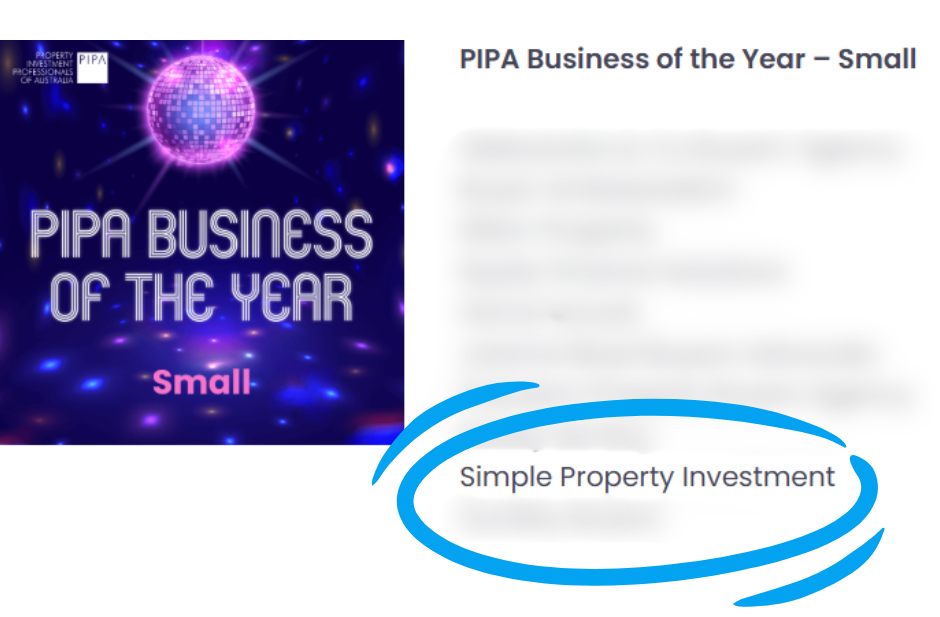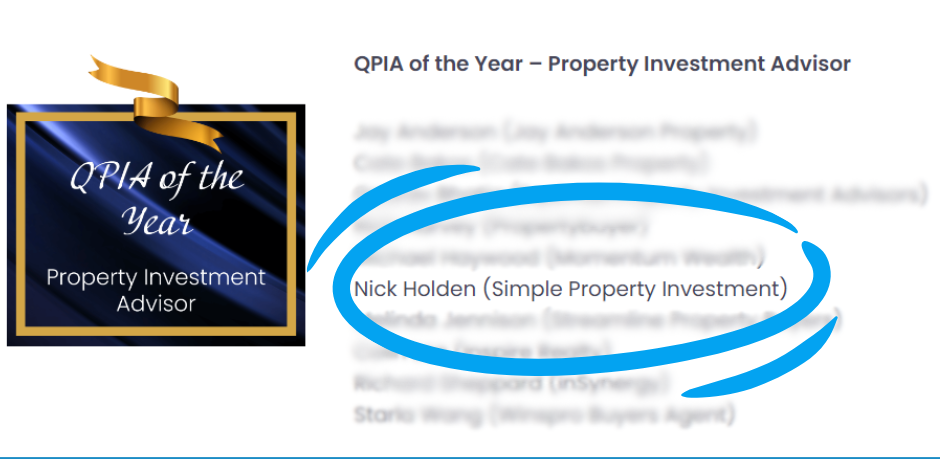Want to get maximum tax deductions for the biggest, legally sound, tax return possible? Here are 3 ways you can make it happen.
1 Get a good, property-focussed accountant
Now is the time to get yourself sorted if you don’t have an accountant.
The trusty bean-counter is there to maximise your deductions and get you the biggest tax return legally possible. But like most industries, there are those that have expertise in a specific area – and those that don’t.
Investors often ask me how to find a good accountant who knows about property.
How do you work out who actually knows what they’re doing and who doesn’t? they wonder.
Ask them 2 questions:
1. Do you own an investment property?
This is important because you know they will be on the same wavelength (as a property investor). And they are more likely to make an extra effort to understand this area of legislation, at the very least, for their own benefit.
In a constantly changing environment it is important to stay updated.
For example, in 2017 significant changes were made such as: 1/ you can no longer claim the costs of visiting/inspecting your property and 2/ you can only depreciate certain items if they are brand new.
An accountant who owns their own investment property is more likely to stay updated with changing property tax laws.
2. If I purchase land and build a house to be an investment property, is the interest I incur during the construction period tax deductible?
In most cases the answer is yes. But you’d be surprised how many accountants don’t know the correct answer to this.
Their debate is that the property isn’t income producing during that time.
However, a property-focussed accountant will know that as long as the intention and purpose for the property is to be an income producing investment, within a reasonable time-frame, then the interest is tax deductible.
2. Keep good records
Most accountants charge by the time they spend doing your accounts. So the less time they need to spend sorting through your shoe box trying to piece everything together, the better for your bottom line.
A simple way to help your accountant get through your accounts faster, is to set up a transaction bank account for your investment property.
Any income for this property goes into this account and any expenses get paid from this account.
If you have multiple properties, consider having multiple account splits to keep them separate.
3. Consider PAYG withholding variation
If you are an employee and you have a negatively geared investment property, a withholding variation may help your cash-flow.
Essentially this variation pays your tax rebate into your monthly salary rather than waiting till the end of the financial year and getting it with your tax return.
Some people like to get the lump sum and look at it as forced savings. However others prefer to have the money in their pocket rather than let the government hold it for the year.
If you have multiple investment properties, a variation is often needed to help you afford the out-of-pocket expenses.
Your accountant will be able to set this up for you.
Summary
To make your investment property as profitable as possible, it’s essential you get the maximum tax deductions for the biggest tax return possible (legally).
You can do this by carefully choosing a property focussed accountant, keeping good records, and getting your tax return over the year.
Is your accountant getting you the maximum possible returns?
Download your free E-Book
Learn how to invest the right way with your free E-Book Property Investment: 10 Essential Considerations.













